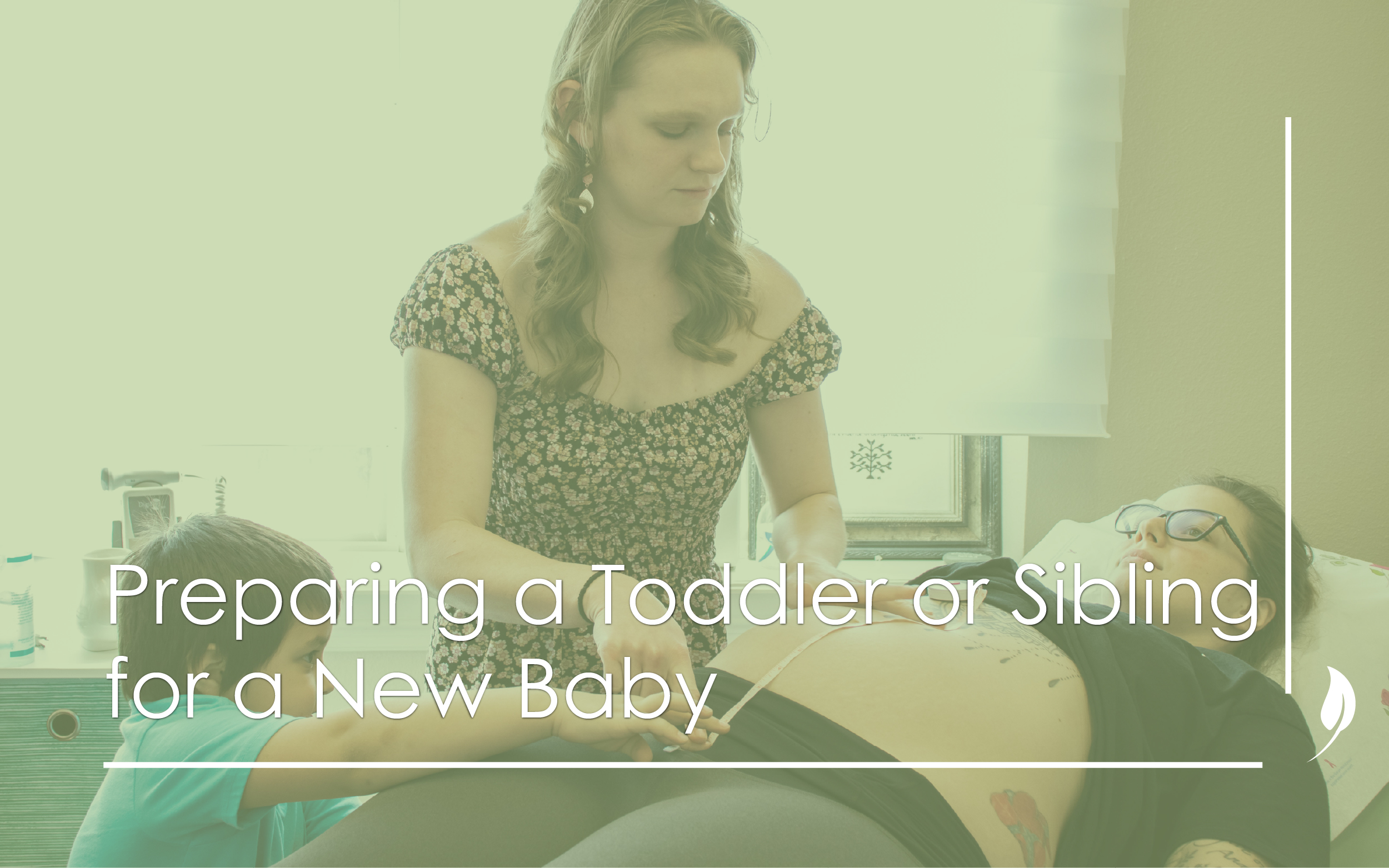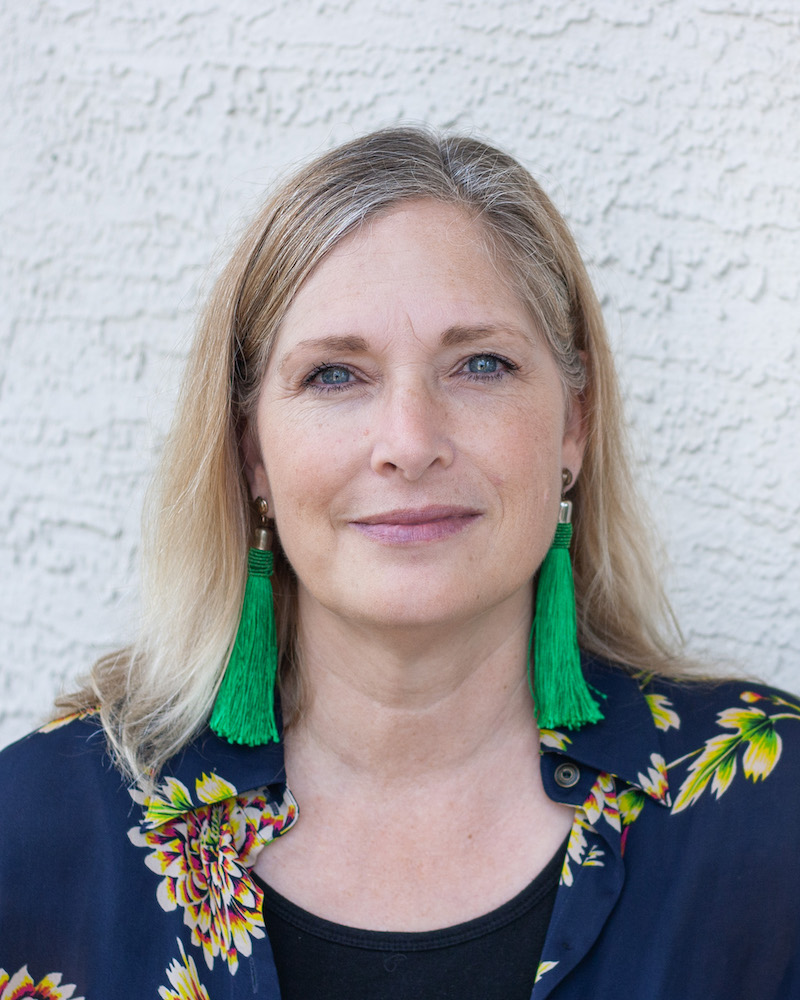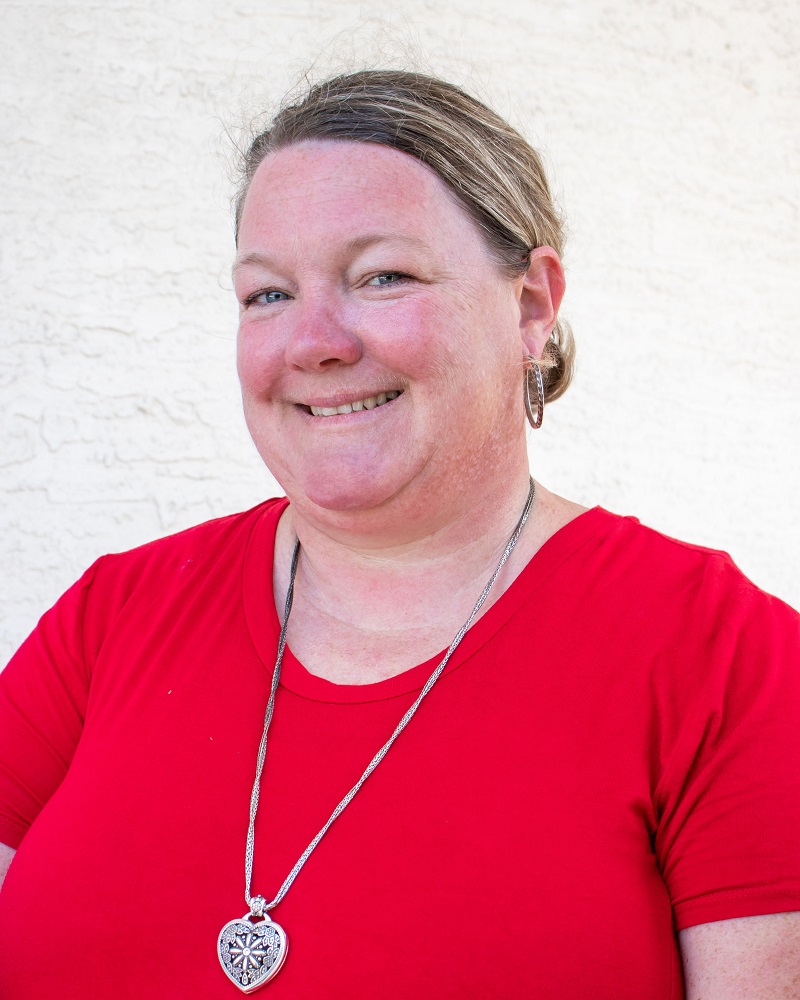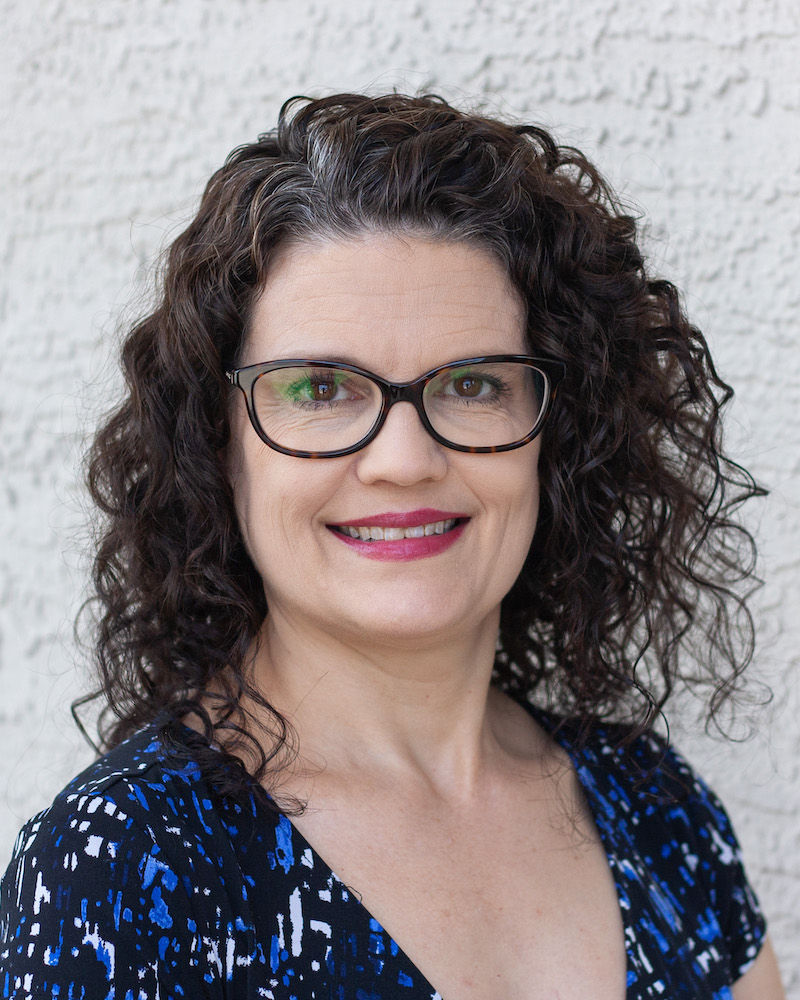How Does Midwifery Care Differ from Other Types of Care?
Switching to midwifery care from hospital-based or other forms of care can be rewarding. The midwifery model of care is a perfect combination of holistic care and a science-backed approach.
If that is something that appeals to you, here’s what you need to know about this type of care.
The Philosophy of Midwifery Care
Midwifery care is distinguished by its profound focus on holistic, person-centered care. This is different from the purely medical model since it embraces the physical, emotional, social, and spiritual well-being of the individual. It recognizes that health is not merely the absence of disease, but a state of complete well-being.
At its core, midwifery care is about tailoring support to the unique needs of each individual while keeping in line with their values. It involves active listening, open communication, and shared decision-making.
Midwifery care is unique in viewing pregnancy and birth as normal physiological life events, rather than medical conditions or emergencies. This perspective cultivates an environment of empowerment and trust in the birthing person’s capabilities.
Traditional medical care, in contrast, often operates with a primary focus on the identification and management of potential risks and the application of interventions needlessly. A similar protocol is applied to every individual, leaving little room for shared decision-making or personalized care.
This results in the client’s role becoming more passive, with the medical professional taking the lead in decision-making and guiding the course of treatment.
The Role of the Midwife
Midwives are trained to provide support throughout one’s reproductive lifespan. They are equipped with the knowledge to lead your care starting from your well-woman and family planning visits, continuing it until your pregnancy, labor, birth, and postpartum.
The application of the person-centered approach in midwifery allows for longer prenatal visits. This allows plenty of time to build rapport, develop understanding, and trust between the client and the care provider. It also leaves room for questions and educational discussions.
This is in contrast to Ob/Gyns, who usually deal with a larger volume of patients, which may sometimes result in hurried appointments. This leads to a lack of trust, and patients often leave feeling unheard or neglected.
Setting and Atmosphere
While midwives can be present at hospitals, they are often the primary care providers at birth centers and home births. This allows them to cultivate an environment that feels more comfortable and personal.
At birth centers, there is greater emphasis on providing an ambiance that promotes relaxation and alleviates any kind of anxiety. There are a limited number of interventions available, which are only used if the client needs them and consents to them. Otherwise, midwives are trained in providing natural solutions and focus their energy on empowering the mother.
On the other hand, hospital care often involves protocols and restrictions that can create a sense of discomfort. There are also a greater number of medical and surgical interventions available that may be preferred over natural solutions. The environment can feel sterile and impersonal.
Approach to Interventions
Midwives typically support natural birth and use fewer interventions. The focus is on using natural methods in dealing with pain and discomfort.
No medicine or surgical tools are used by a midwife unless needed and agreed upon by the birthing person. There is no one-sided decision-making, especially when it comes to interventions.
However, since hospital care is mostly protocol-driven, similar interventions are applied to every mother regardless of need. The use of interventions like analgesic IV administration, epidurals, and suction vacuums is very common in this setting. The availability of C-sections also lessens the chances of a successful natural birth.
Safety and Collaboration
While midwifery care focuses on natural methods and minimal interventions, midwives are certified professionals who are trained to screen all clients for risks and collaborate with doctors if needed.
Birth centers often have transfer plans in place. In case you need surgical or medical care, you will be immediately transferred to a hospital while you receive supportive care from your midwife.
Your safety and well-being are always top priority, which is never compromised on, even if it means risking out of care.
The midwifery model of care is a perfect hybrid of science and nature, allowing mothers to receive a form of care that is safe for them yet allows them more freedom to partake in decisions related to their pregnancy and birth. If you are seeking a natural birth experience, more autonomy, and continuity of care with a midwife, then this type of care might be great for you!















